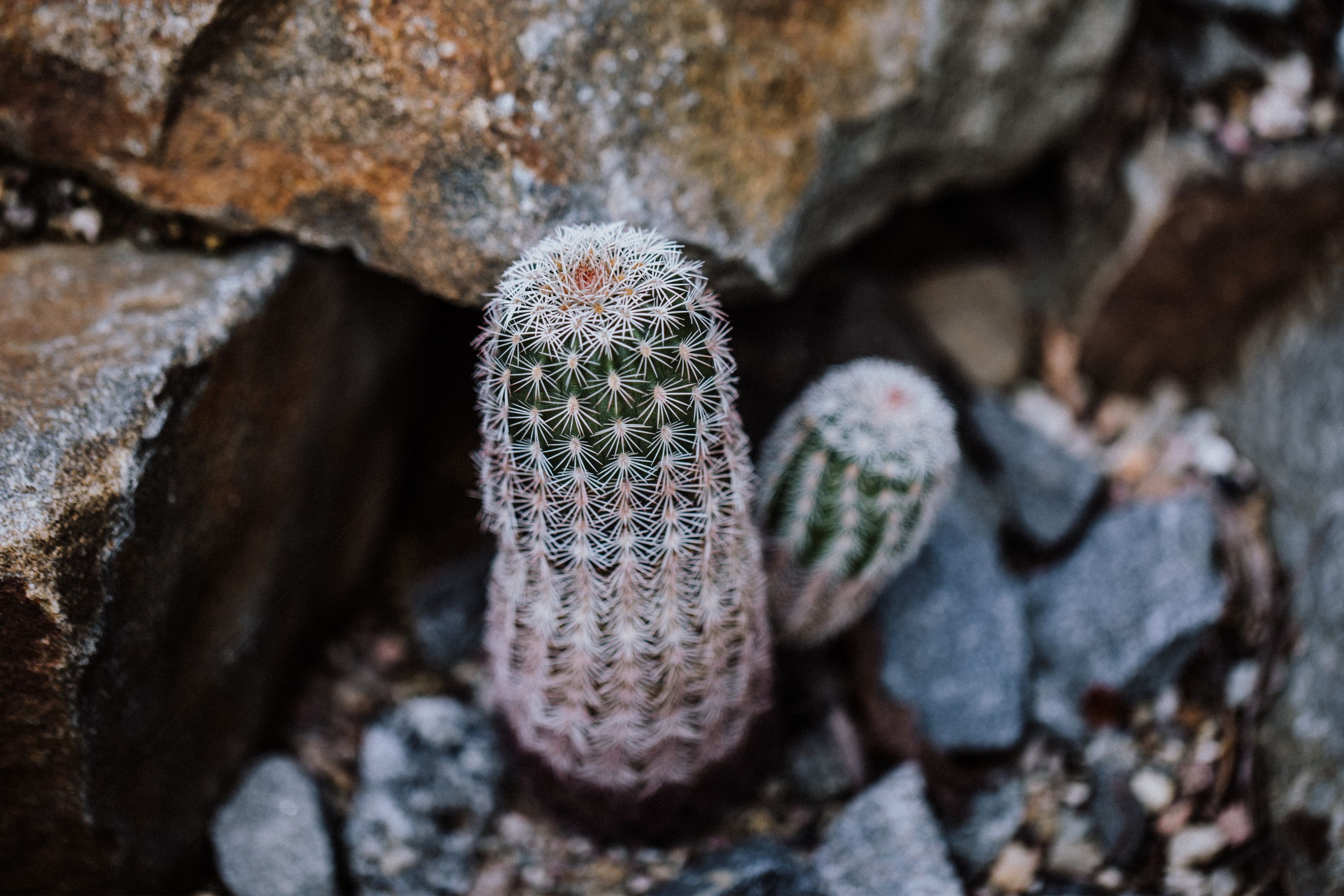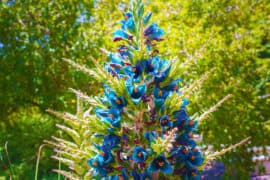Rainbow cactus
(Echinocereus pectinatus)

Description
Echinocereus pectinatusi is a species of hedgehog cactus. It was first described by Engelm in 1848. It is found in the south-western US (New Mexico and Texas) and northern Mexico (Chihuahua and Sonora). Echinocereus is a genus of ribbed, usually small to medium-sized, cylindrical cacti, comprising about 70 species native to the southern United States and Mexico in very sunny, rocky places. Usually the flowers are large and the fruit edible. The name comes from the Ancient Greek ἐχῖνος (echinos), meaning "hedgehog", and the Latin cereus meaning "candle". They are sometimes known as hedgehog cacti, a term also used for the Pediocactus and Echinopsis. Echinocereus spp. are bushy and globular with tight spines, which are often colorful and decorative. The flowers last slightly longer than those of other cacti. Echinocereus spp. are easier to cultivate than many other cacti. They need light soil, a sunny exposure, and a fresh and dry winter to flower. They grow better in soil slightly richer than other cacti. In the wild, several of the species are cold hardy, tolerating temperatures as low as -23°C, but only in dry conditions.
Taxonomic tree:







